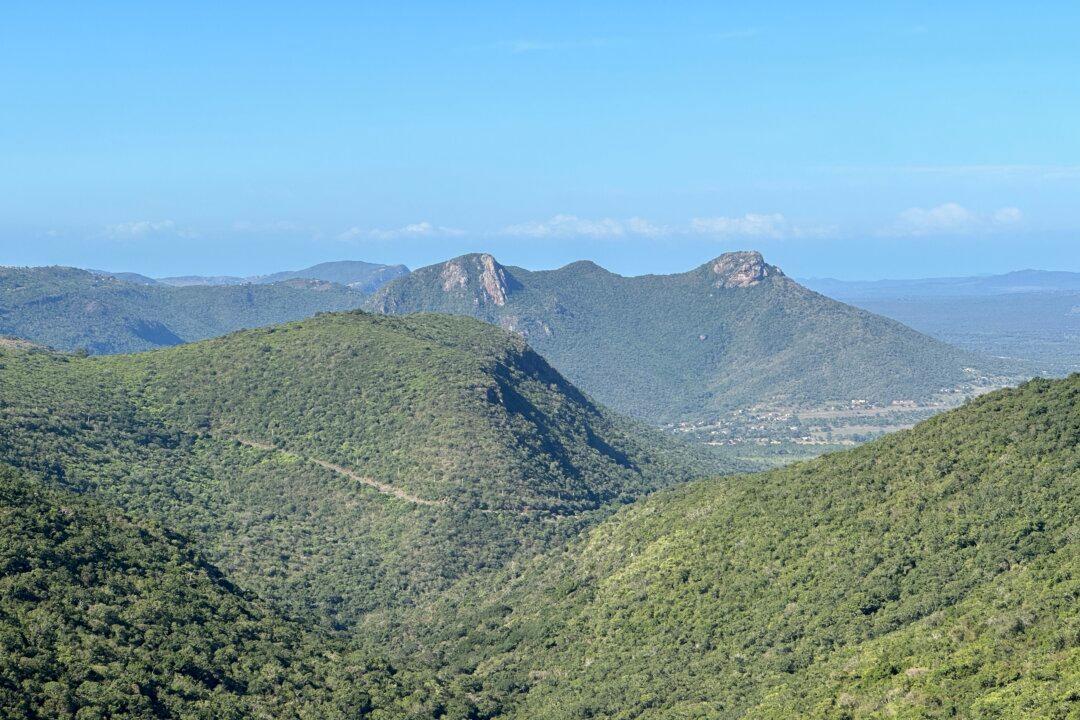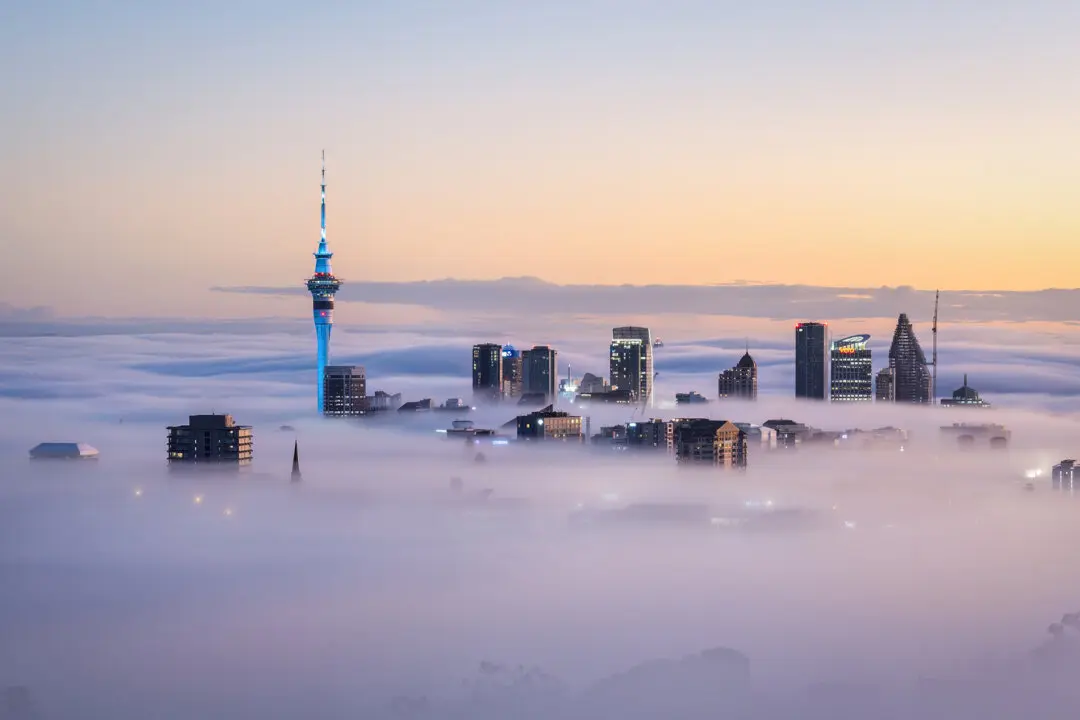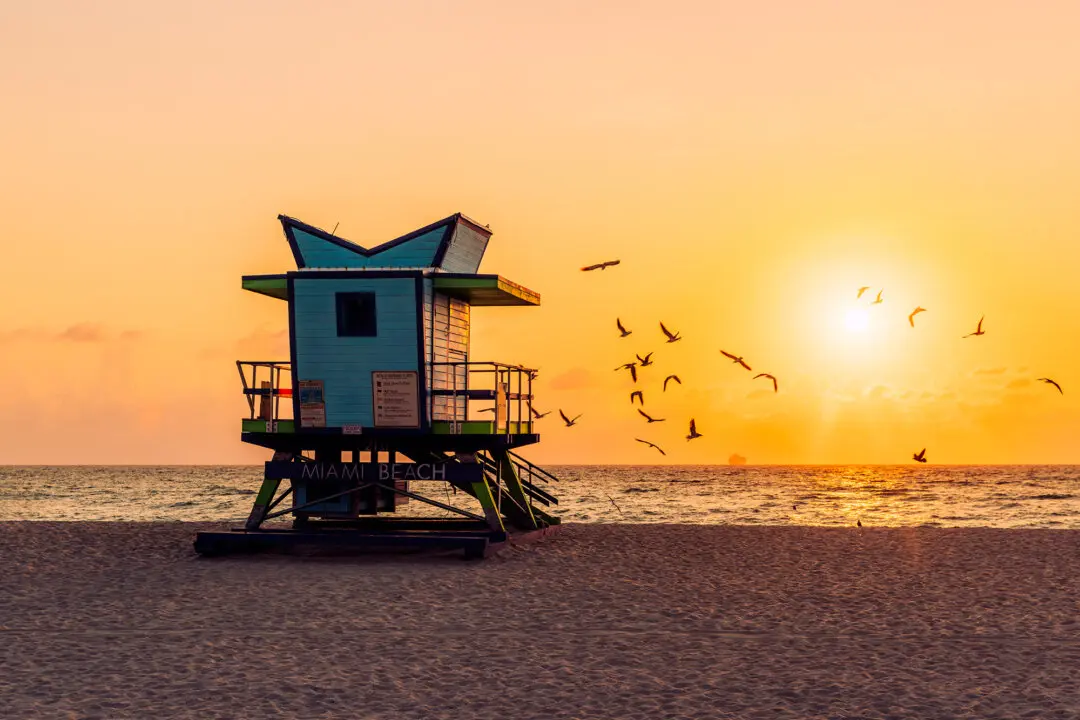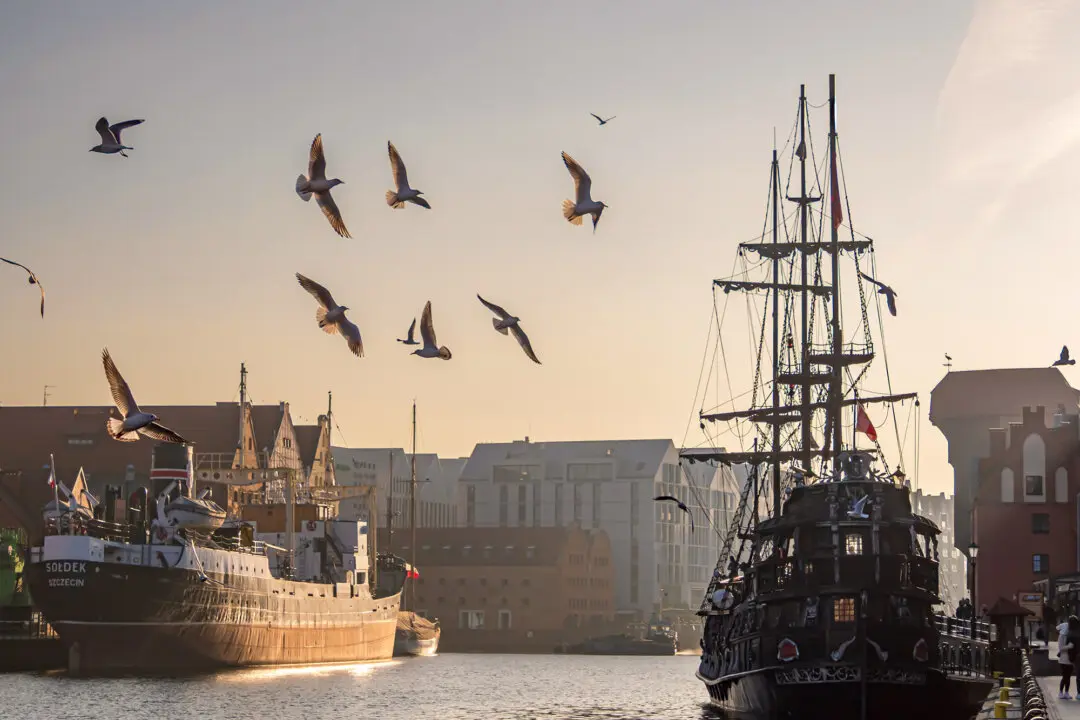It had been a very nice drive, already. Sitting in the open air in the back of a safari Jeep, rolling along winding roads that curved and curled through a dramatic mountain range, the vibrant, verdant flanks giving way to craggy peaks. The morning chill is cut by warm blankets, and there’s the promise of a little break soon with coffee splashed with Amarula, the most South African of liqueurs.
But this wasn’t a safari drive. Pulling off onto a hidden little unpaved road, Jean told us that we were about to experience something special: a community that few have the privilege of visiting. “I’ve worked with the Myeni Clan for 17 years,” she said. “They’ve given me permission to be here. We’re welcome.” And then we climbed up switchbacks, higher and higher on the ridge, and into a whole, ancient culture that I knew little about.





